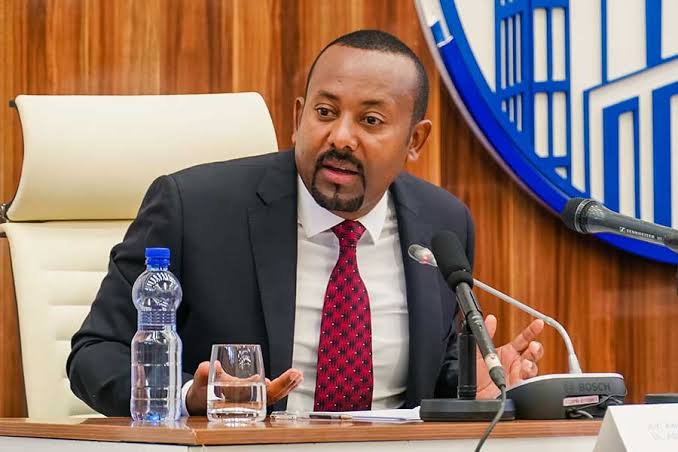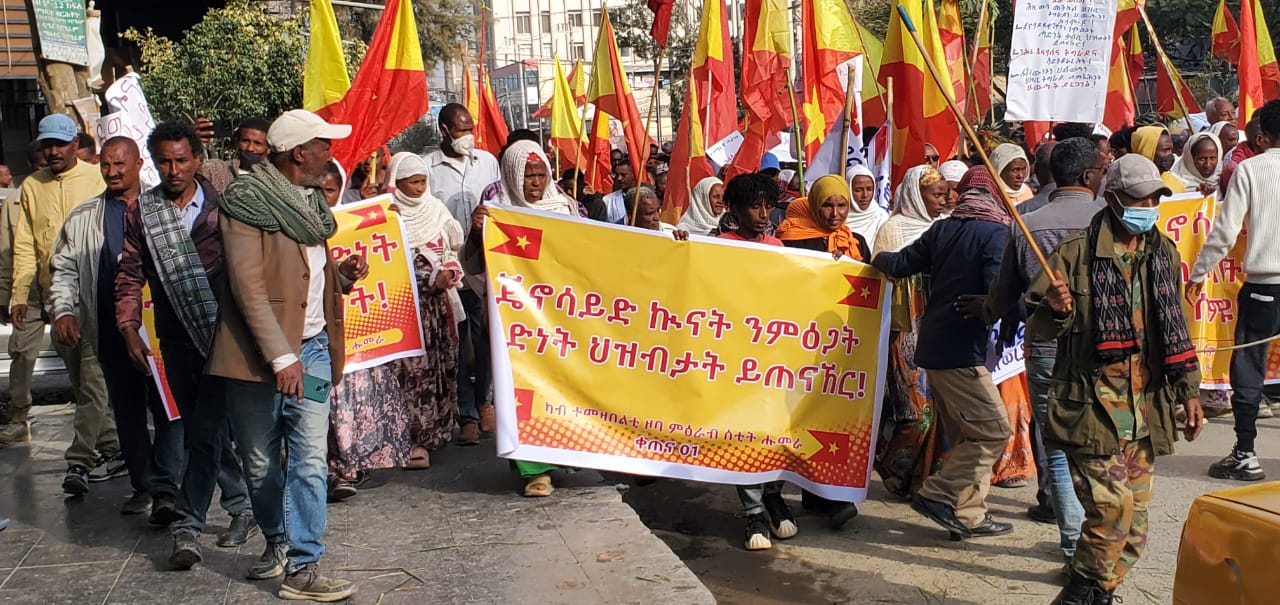By Dr YONAS WORKINEH
In a recent address to Parliament, Ethiopian Prime Minister Abiy Ahmed (PhD) made bold accusations against foreign diplomatic missions in Addis Ababa, alleging their involvement in illicit financial activities.
His remarks sparked significant attention and concern, highlighting ongoing issues within Ethiopia’s economic and diplomatic landscape.
During his speech, Abiy asserted that some embassies are engaged in illegal foreign exchange (forex) trading, claiming they exploit Ethiopia’s resources through these illicit transactions.
“Illicit business transactions have become the primary work for some of these embassies,” he stated, underscoring the government’s frustration with foreign involvement in the economy.
The Prime Minister warned that unless these missions cease their allegedly illegal activities, his administration would take decisive action against them.
“We do not want [to host] any embassies that do not maintain healthy activity,” he asserted.
This marks a significant shift in Ethiopia’s diplomatic approach, suggesting a readiness to confront foreign entities perceived as undermining national interests.
Abiy did not limit his criticisms to diplomatic missions. He also implicated commercial banks in the country, accusing them of complicity in illicit forex transactions.
“We’ll take serious measures against these banks,” he declared, indicating a broader crackdown on financial misconduct.
Moreover, he accused various businesses of smuggling gold and other commodities under the guise of legitimate transactions, particularly in the form of franco valuta dealings.
The Prime Minister emphasized the urgency of addressing these issues, stating, “They are distorting the market.”
He elaborated on the methods used for smuggling, which reportedly include railways and buses, further complicating the fight against economic malfeasance.
Abiy’s accusations come amidst deteriorating relations with neighboring Somalia, where recent diplomatic tensions have seen an Ethiopian diplomat expelled for alleged interference in Somali affairs.
The Prime Minister’s statements may be seen as part of a broader narrative positioning Ethiopia as a resilient and powerful nation that will not tolerate exploitation from foreign entities.
“Ethiopia is the powerhouse of Africa,” he proclaimed, asserting the country’s pivotal role on the continent.
His comments reflect a commitment to asserting Ethiopia’s national interests in the face of both regional and global pressures.
“Our policy with both the eastern and western camps is based on peaceful cooperation, respect for national interests, and the principle of give-and-take,” Abiy stated, emphasizing a balanced approach to international relations.
Conclusion
Prime Minister Abiy Ahmed’s recent address reveals a critical juncture for Ethiopia, where accusations against foreign embassies and local financial institutions highlight deep-seated concerns about illicit activities undermining the nation’s economy.
His willingness to confront these issues publicly signals a shift towards a more assertive diplomatic posture.
As Ethiopia navigates its complex relationships and seeks to secure its national interests, the implications of these accusations will be closely watched both domestically and internationally.
The Prime Minister’s commitment to fostering a healthier diplomatic environment, while addressing economic malfeasance, underscores the challenges facing Ethiopia as it strives for stability and growth in a volatile regional context.



